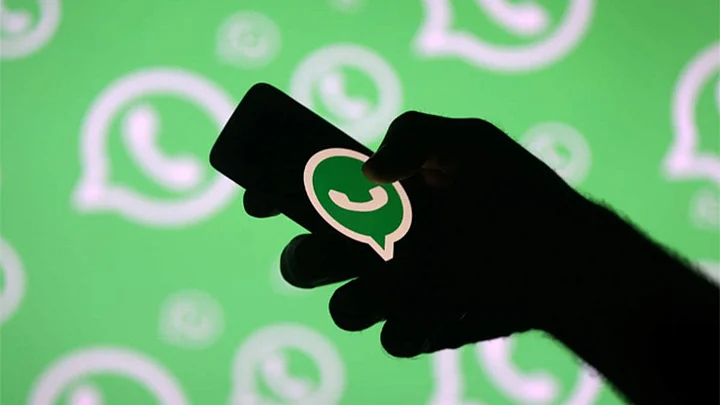WhatsApp on Tuesday, 5 January, updated its Terms of Services and its Privacy Policy and started sending in-app notifications to its users informing them about a change. The new terms and privacy policy will come into effect on 8 February 2021.
Users will need to accept these terms and changes in order to keep using their WhatsApp accounts after the mentioned date.
“WhatsApp is updating its terms and privacy policy,” the company said in the notification that is being sent to both Android and iOS users.
WhatsApp Clarification on New Privacy Policy
In response to public reaction to the new privacy policy and terms and conditions, WhatsApp on Friday, 8 January, issued a clarification to media houses stating that “users have at least one month’s notice before the privacy policy and terms go into effect (in February 2021).”
Which means that user WhatsApp accounts will not be deleted but will be rendered inactive if the user fails to accept the new T&C and privacy policy by 8 February. However, WhatsApp users can accept the privacy policy after the aforementioned date and resume using the platform.
With regards to the storage of user WhatsApp messages on Facebook servers, the messaging platform stated the following:
“As with any other Business Service Provider, it’s important to keep in mind that hiring a third-party company to host and store the messages is an industry standard practice. Hence, if a business chooses to use Facebook’s secure hosting infrastructure, then Facebook will use the messages it processes on behalf of and at the instruction/s of the business. Also, any time a user wants to stop hearing from a business,they can easily block the business and the business would no longer be able to message that user. "
Here is a breakdown of what the new WhatsApp privacy policy states, the data it collects and how it interacts with other Facebook-owned companies:
What data does WhatsApp collect and when?
One of the many changes that the company provided information on is the data it collects from users, which includes account information, address book information, status information, transactions and payments data, customer support communications and messages in some circumstances. According to the company, messages are only stored on your device and not on the company servers.
What kind of transactions, payments data does WhatsApp collect?
If you use Facebook-owned payment services or any Facebook-owned service meant for financial transactions, the company does collect additional data, which includes information about your payment account and transaction information.
Payment account and transaction information includes information needed to complete the transaction (for example, information about the payment method, shipping details and transaction amount).
Does WhatsApp collect data on messages as well?
According to the company, the following scenarios describe circumstances where WhatsApp will store your messages:
Undelivered Messages: If a message cannot be delivered immediately (for example, if the recipient is offline), WhatsApp will keep it in encrypted form on its servers for up to 30 days and try to deliver it. If a message is still undelivered after 30 days, the message will be deleted.
Media Forwarding: When a user forwards media within a message, WhatsApp will store that media temporarily in encrypted form on our servers to aid efficient delivery of additional forwards.
What other data is collected under the new WhatsApp privacy policy?
There are also ‘automatically collected information’, which includes usage and log information, device and connection data, locations and cookies.
Does WhatsApp share user data with other Facebook companies as well?
According to the new terms and conditions and privacy policy shared by WhatsApp, it will be able to share and receive a certain category of information with other Facebook companies, they include:
Account registration information (such as your phone number)
Transaction data, service-related information
Information on how users interact with others (including businesses) when using the platform.
Mobile device information
User IP address
It may also share and receive automatically collected data and messages, that have been mentioned in the scenarios listed above.
Which other companies does Facebook own?
Apart from WhatsApp, Facebook also owns Instagram, Facebook Payments, Onava, Oculus, and CrowdTangle among others. Here is the complete list of Facebook owned companies.
(At The Quint, we question everything. Play an active role in shaping our journalism by becoming a member today.)
